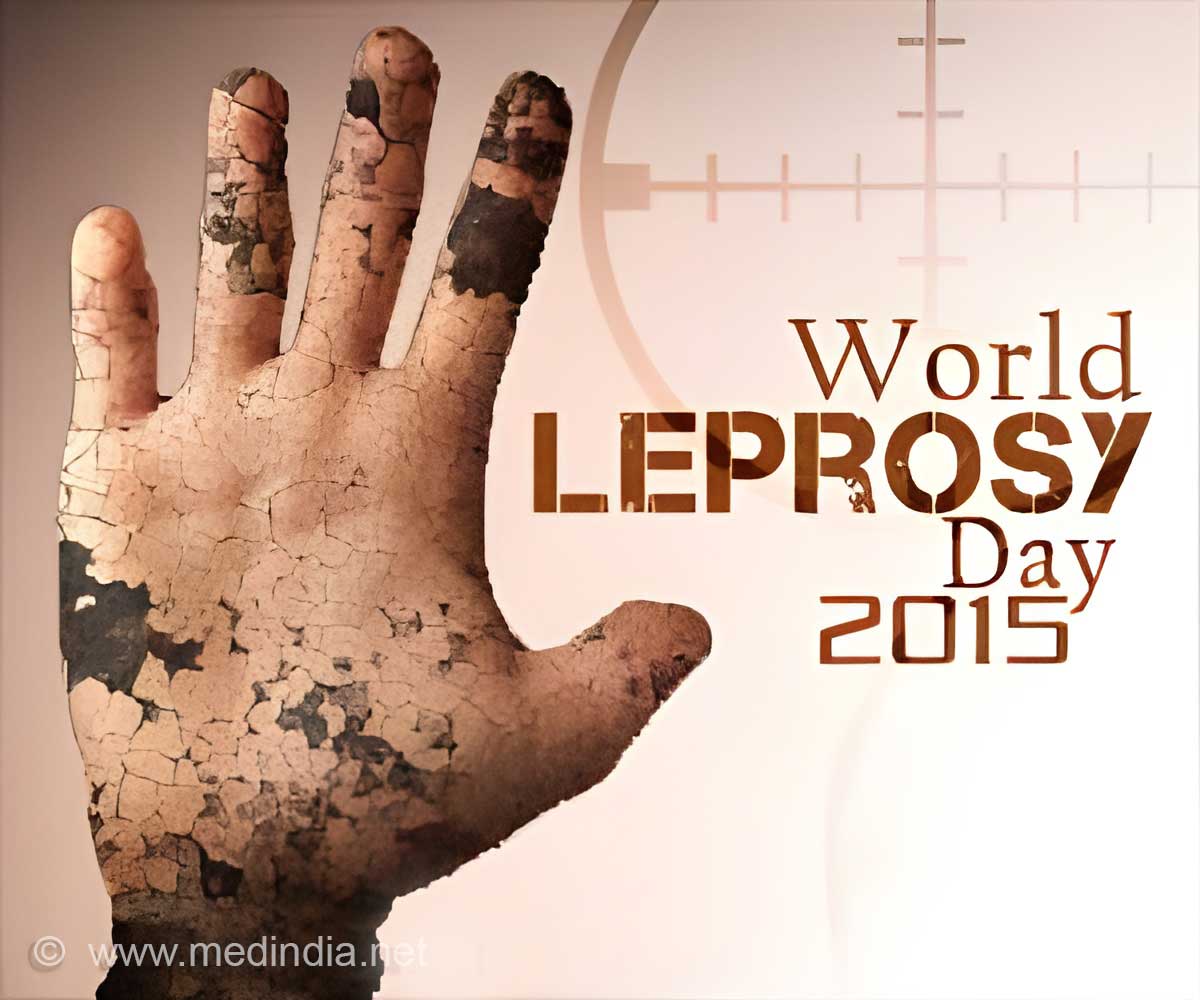
1. Repeal and amendment of certain laws- Besides the repeal of the Lepers Act, 1898, the Law Commission recommends the repeal of discriminatory provisions in various other personal laws. It recommends including persons affected by leprosy among the list of persons eligible for legal aid under the Legal Services Act, 1987.
2. Measures against discrimination- The Law Commission recommends that people affected by leprosy and their family members must not be discriminated against in any institution. It also guarantees to such persons the right to access healthcare, adequate housing, education, employment and other basic amenities.
3. Land Rights- People affected by leprosy are usually made to relocate to ’Leprosy Colonies’ in India, but they do not have land rights, and are constantly under the fear of eviction. The Law Commission recommends that title and ownership of property in leprosy colonies should be legalized, and if land rights cannot be given, alternative settlement options must be explored.
4. Right to Employment- Many employers misuse existing employment laws to terminate services of people who are diagnosed with leprosy. The draft law prohibits the termination of employment of people solely due to their association with leprosy.
5. Educational and training opportunities- The Law Commission recommends that the draft law should ensure the admission of individuals affected by leprosy and their family members in schools, colleges and other institutes, as educational qualifications are necessary to allow them access to employment opportunities.
Advertisement
7. Right to Freedom of Movement- The draft law ensures that persons affected by leprosy are guaranteed the right of travel in public transport and also the right to obtain a driving license.
Advertisement
9. Social Awareness- Creating awareness regarding the cure and transmission of leprosy is the best way to address the discrimination and social stigma associated with it. The Law Commission recommends that awareness about the disease, its treatment and curability should be conducted through campaigns and programs in schools, hospitals, government institutions and private establishments.
10. Welfare Measures- The draft law imposes specific duties upon establishments to execute welfare measures to foster an environment for financial and social growth of persons affected by leprosy and their families. It also creates Central and State Commissions to strictly enforce these measures, and provides for accountability measures in case of non-enforcement.
Source-Medindia






